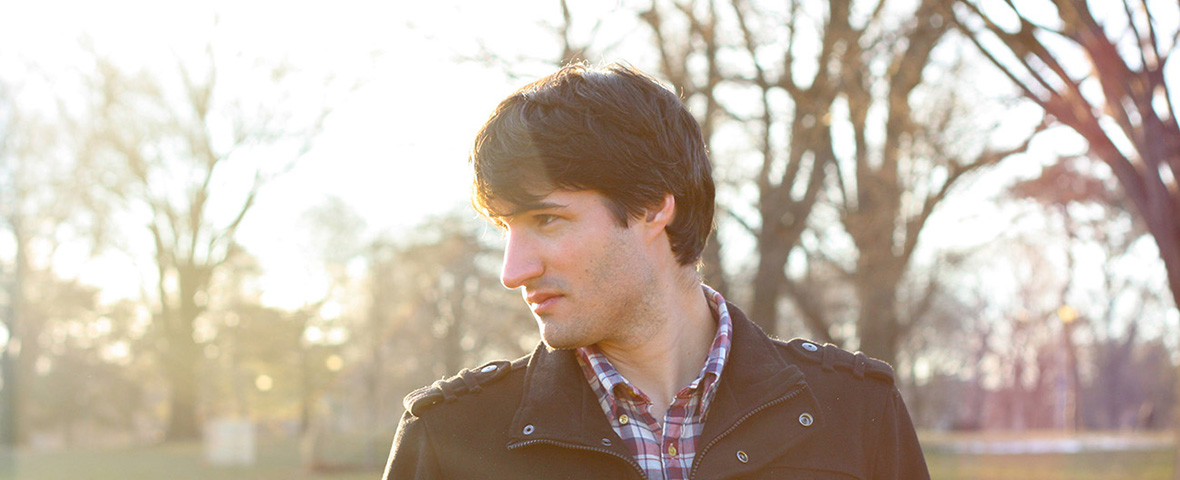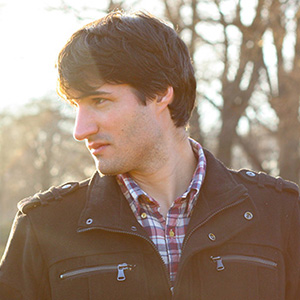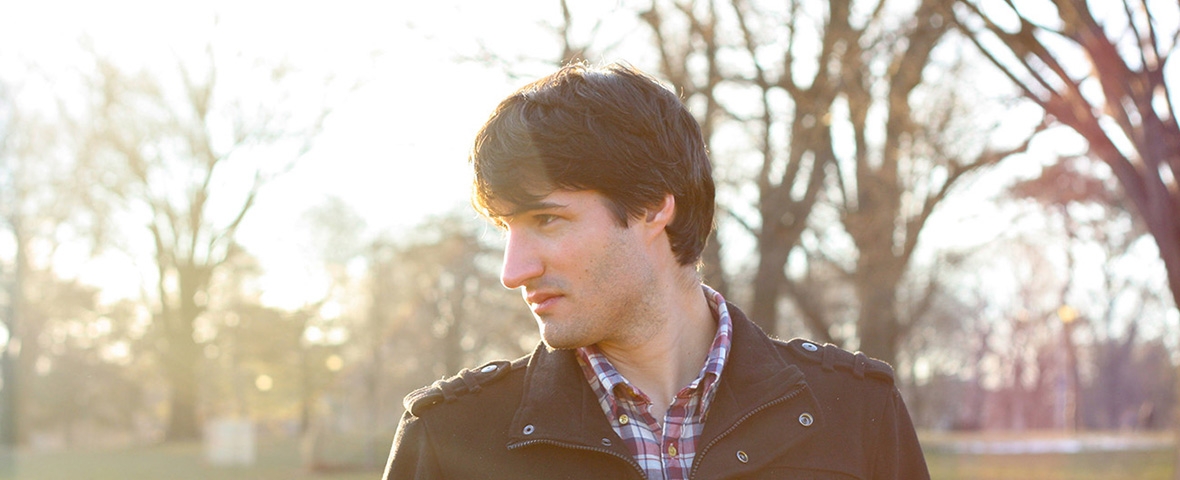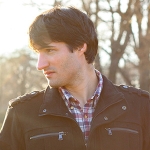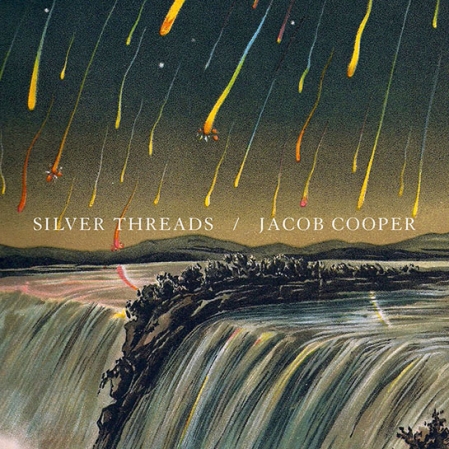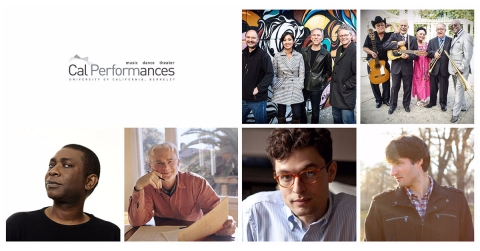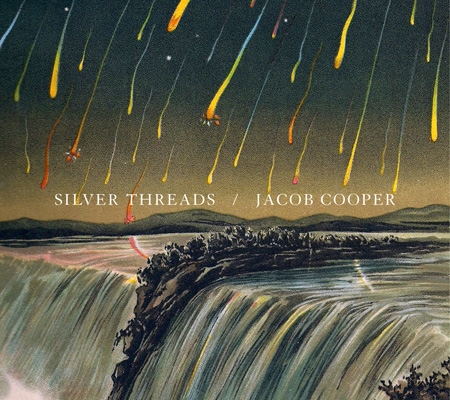Lauded as “richly talented” by the New York Times, Cooper has earned awards from the American Academy of Arts and Letters, ASCAP, and the American Music Center, and was the winner of the 2011 Carlsbad Music Festival competition. His compositions and multimedia works have gained recognition in both North America and Europe, with performances by the JACK Quartet, the Calder Quartet, Ensemble ACJW, the NOW Ensemble, and the Minnesota Orchestra. He makes his Nonesuch debut with the release of Silver Threads on April 29, 2014.
Nonesuch releases composer Jacob Cooper’s label debut, Silver Threads, on April 29, 2014. The album comprises a six-song cycle performed by soprano Mellissa Hughes. Cooper wrote the first song, “Silver Threads,” for Hughes in the winter of 2011, setting a haiku attributed to the famous Japanese poet Matsuo Bashō for voice and electronic track. To expand it into a full cycle (all for voice and track), he enlisted five other poets to write text that was inspired by the haiku: Greg Alan Brownderville, Tarfia Faizullah, Kristin Kelly, Dora Malech, and Zach Savich.
In explaining his use of electronic track on these songs, Cooper says that 19th-century “German lied was associated with the piano because it’d just had a huge surge of popularity, and there was one in every middle-class home—it was essentially a folk instrument at that time.” He continues, “I feel like, in a way, the laptop is so prevalent now that it’s a sort of contemporary folk instrument. The sounds it can create, which we hear all the time on the radio and elsewhere, are the folk sounds of today. So it seemed like the natural accompaniment for a song cycle.”
Jacob Cooper’s compositions and multimedia works have gained recognition in both North America and Europe, with performances by the JACK Quartet, the Calder Quartet, Ensemble ACJW, the NOW Ensemble, and the Minnesota Orchestra. His work has recently appeared at Lincoln Center, Carnegie Hall, the MATA Festival, the Wordless Music concert series, and Bargemusic. Upcoming projects include commissions for eighth blackbird, the Albany Symphony, and The Living Earth Show.
Lauded as “richly talented” by the New York Times, Cooper has earned awards from the American Academy of Arts and Letters, ASCAP, and the American Music Center, and was the winner of the 2011 Carlsbad Music Festival competition. He has attended the Bang on a Can Summer Institute and the Minnesota Orchestra Composer Institute, and he has held residences at the Ucross Foundation, the Banff Centre, the Kimmel Harding Nelson Center, and the Atlantic Center for the Arts. Cooper is also a member of the composers collective Sleeping Giant with labelmate Timo Andres and others. Cooper works in visual media as well, and his video Commencer une autre mort was shortlisted for the 2010 YouTube/Guggenheim Biennial of Creative Video. Also dedicated to teaching and scholarship, Cooper has served on the faculty at Amherst College and recently completed the requirements for his doctorate in composition at the Yale School of Music.
